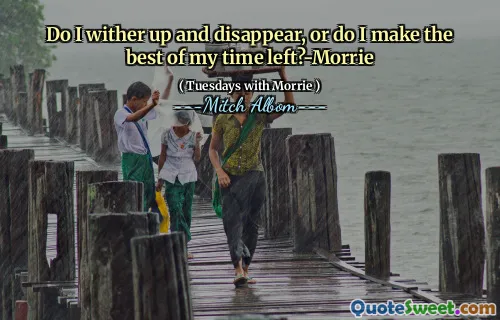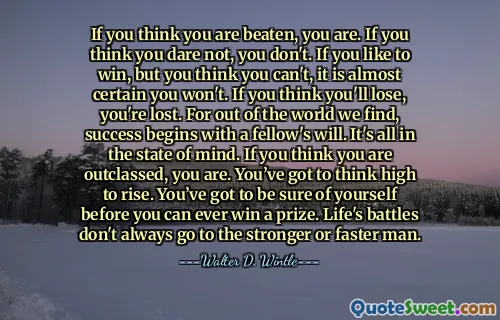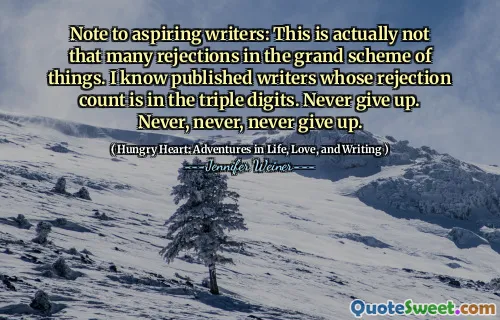I've had worse, and I'll have better one day. This is not the end.
The quote "I've had worse, and I'll have better one day. This is not the end" from Peter S. Beagle's "The Last Unicorn" conveys a sense of resilience and hope. It reflects the idea that even in challenging times, one can look forward to brighter days ahead. The character acknowledges past difficulties but remains optimistic about the future, suggesting that current struggles are only temporary. This mindset emphasizes the importance of perseverance and the belief that life holds better experiences waiting beyond present hardships.
This sentiment is a powerful reminder that adversity is a part of life, but it doesn't define our journey. By recognizing that worse times have been experienced and that there is potential for improvement, the quote inspires readers to maintain hope. It encourages a forward-looking perspective, reinforcing the notion that endings are often just new beginnings. Overall, it highlights the importance of maintaining faith during tough times and reminds us that every setback can lead to a better tomorrow.



